
- Article
- Article
Louis Wain’s cryptic cats
Once famous for his quirky cat illustrations, today Louis Wain is often portrayed as a ‘psychotic’ artist whose illness can be mapped out through his drawings. Here Bryony Benge-Abbott takes a more rounded view.

- Article
- Article
Writing back to authority
As she cuts up old doctors’ letters and uses them to compose absurd poems, Caroline Butterwick reflects on the catharsis of creation and proposes writing as a way to take back control.

- Article
- Article
Why do victims become violent?
Witnessing both overt violence and coercive control can cause invisible harm to children. But preventing them from repeating that behaviour in the future remains a challenge.
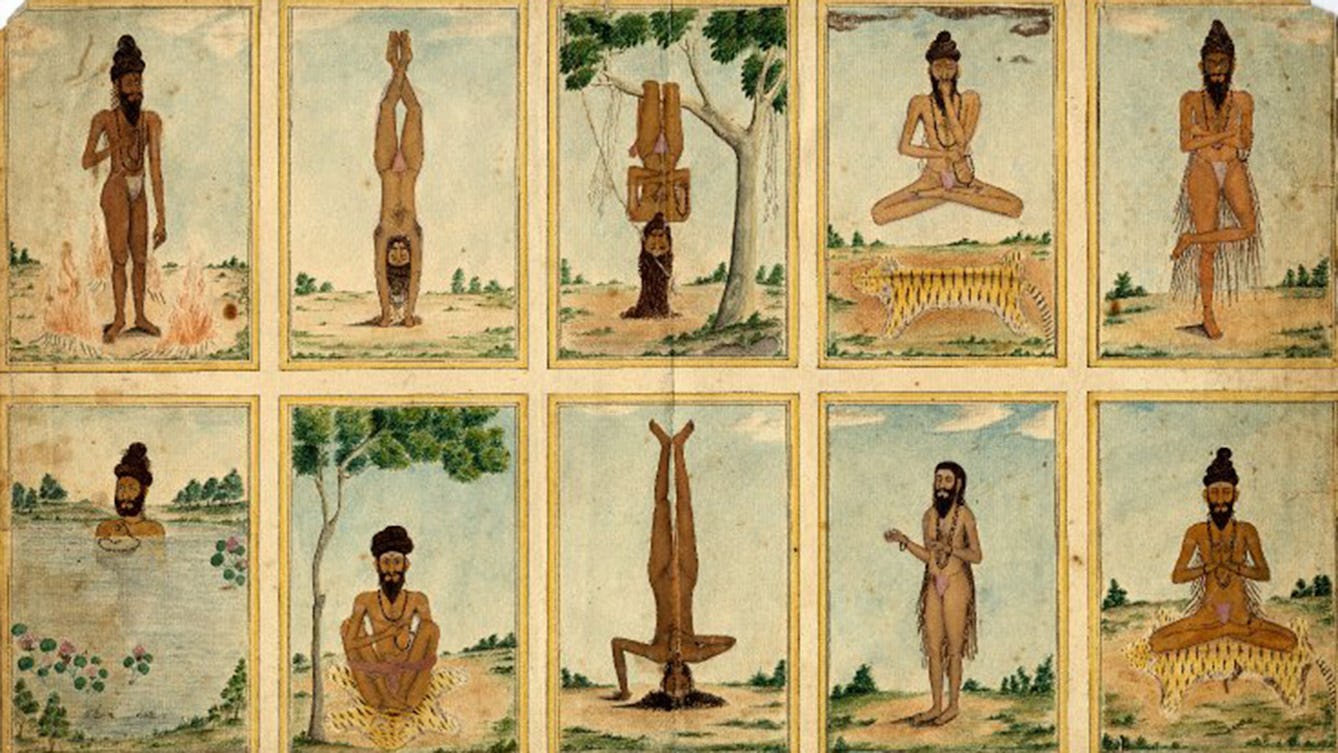
- Article
- Article
Not one yoga, but many yogas
From ancient tradition to modern gym class, yoga means many things to many people.

- Article
- Article
Does mass media pave the way to fascism?
In the aftermath of World War II, psychoanalysts found the psychological roots of authoritarianism closer to home than was comfortable.
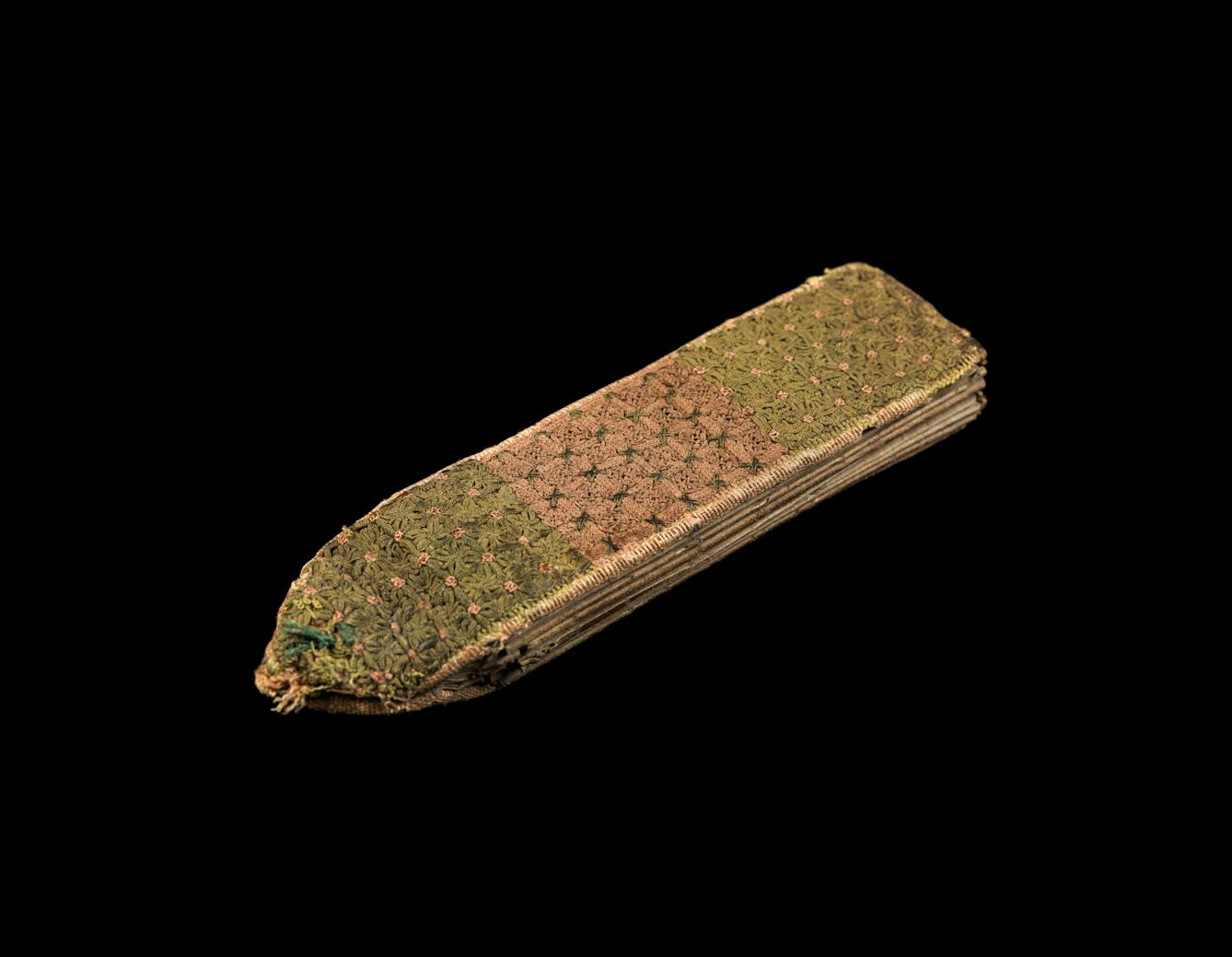
- Article
- Article
The enigma of the medieval folding almanac
With its combination of rich, portable data and high-end style, this folding almanac could have been the medieval equivalent of the latest iPhone.
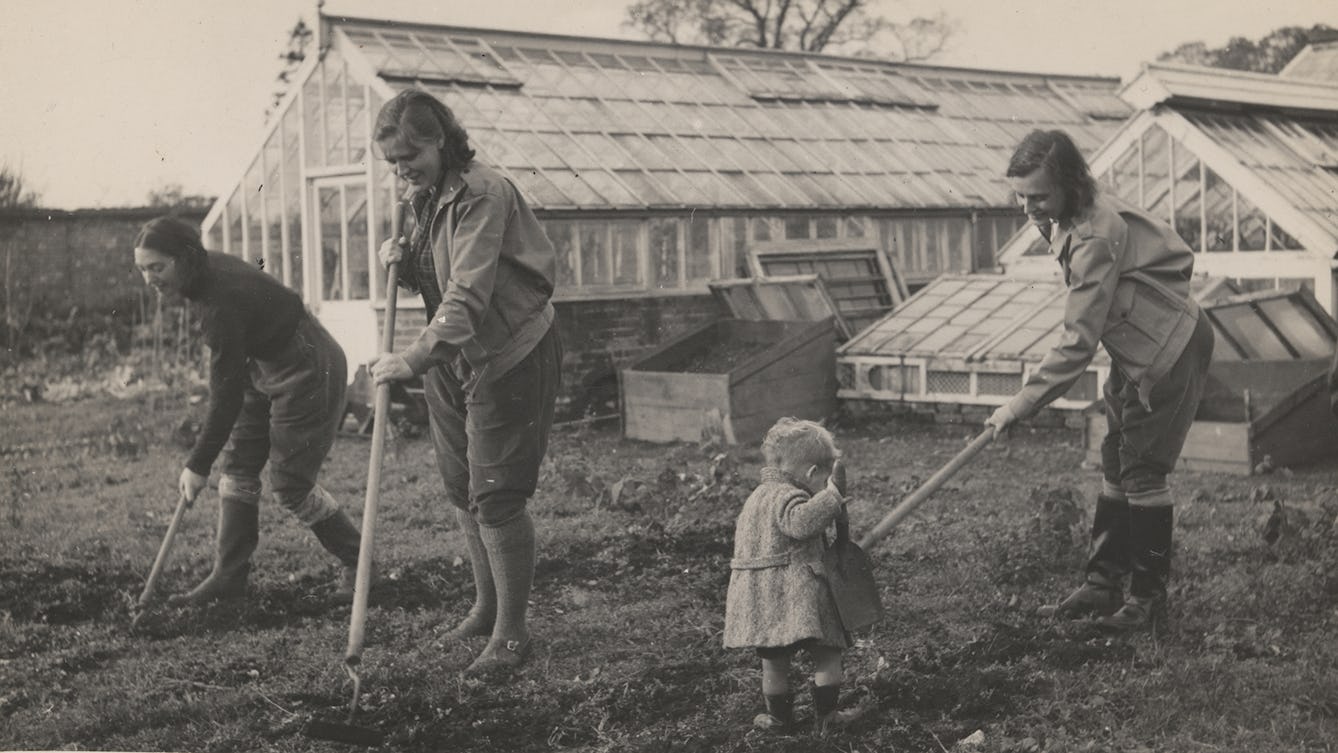
- Article
- Article
How the Peckham Experiment inspired my fiction
Find out how an unruly mass of archive material from a 1930s radical health centre has inspired brand new writing.

- Article
- Article
The soul in the stomach
A 17th-century physician’s controversial theory about the link between the emotions and the stomach reminds us that we shouldn’t ignore our ‘gut feelings’.
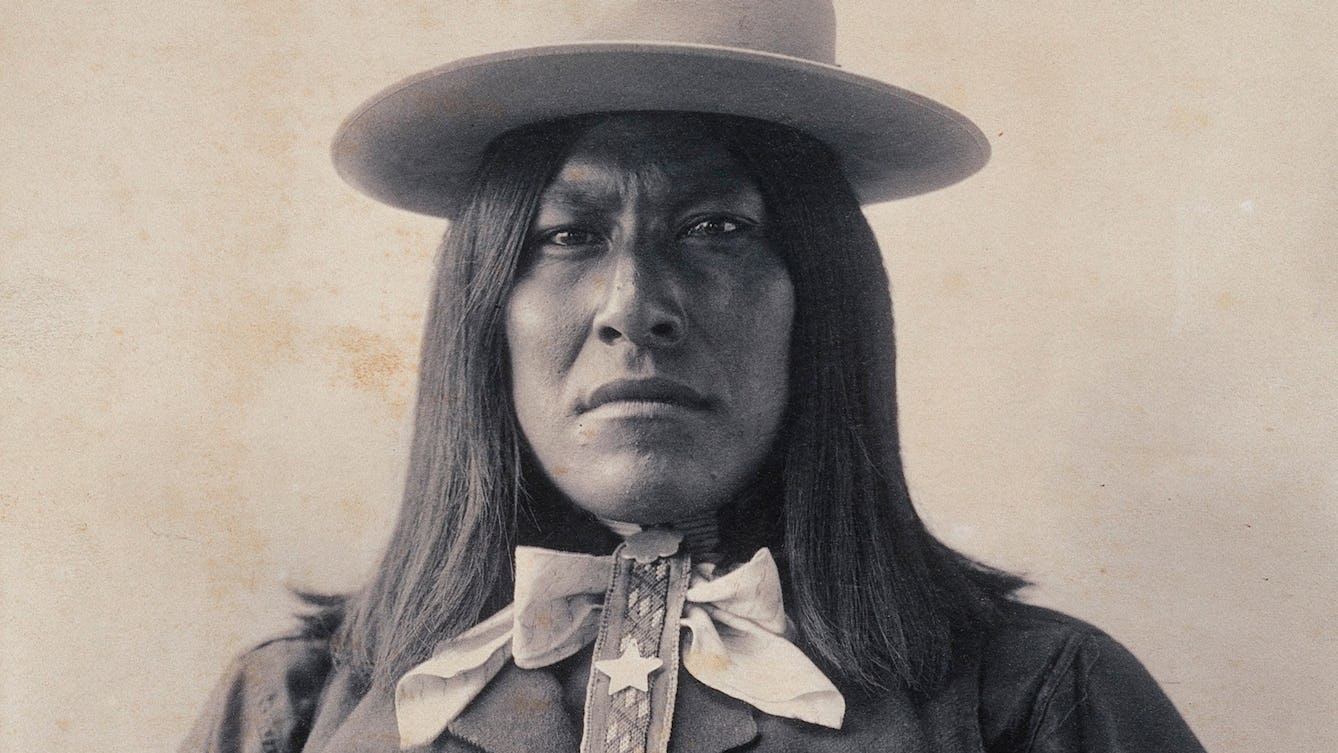
- Article
- Article
Native Americans through the 19th-century lens
The stories behind Rinehart's photographs may not be as black and white as they first appear.

- Article
- Article
Sex work, stigma and whorephobia
Like everyone, sex workers sometimes need medical or mental health support. But shame and stigma seriously affect attitudes and access.

- Article
- Article
On contagion
Reading descriptions of the way humans become infested by parasitic flatworms, Daisy Lafarge experienced painful physical symptoms. Perhaps the very creature she was studying had invaded her body.

- Article
- Article
In celebration of LGBTQ+ comedy
At school, homophobic jokes made Ella Braidwood feel uncomfortable and ashamed. Fast-forward to today’s inclusive comedy scene, and her very different feelings of hope and happiness.

- Article
- Article
On being a father with OCD
As a parent to young children, Ben Falk worries whether he could somehow pass his OCD on to them. Here’s what the experts say.

- Article
- Article
How shame makes us sick
The fight-or-flight response can have long-term consequences for our bodies if left unchecked. Lucia Osborne-Crowley investigates how shame and trauma are connected, and how both can lead to chronic ill health.

- Article
- Article
Medieval doodles
Fish, lute players and defaced demons: marginal doodles in some of Europe’s first printed books provide a tantalising glimpse into the late-medieval mind.

- Article
- Article
The secret lives of Britain’s first Black physicians
Dr Annabel Sowemimo explores the web of connections between early Black British doctors, the role of empire in West Africa and the pernicious reach of scientific racism.

- Article
- Article
Hunting lost plants in botanical collections
A bark specimen at Kew recalls the story of a South American man who harvested the most potent source of the only effective malaria treatment available in the late 1800s. Killed for his work and forgotten by history, Manuel Mamani was a victim of the colonial juggernaut.

- Article
- Article
When kids are offered free cosmetic surgery
When they were a child, Jasmine Owens’ dentist offered to break their jaw – for free. It would make them look better, he said. Read on to find out whether or not they agreed.

- Article
- Article
How to play with people who are better than you
It’s frustrating to lose a game to the same player every time. But help is at hand. Discover the ways you can make a game respond dynamically to participants so everyone has a chance of winning.

- Article
- Article
“Everybody desires a degree of independence”
I’m 26, and building a network of friends and my career. Unlike most people my age, I’m entirely dependent on carers to achieve this.

- Article
- Article
Can our minds be taken hostage?
It’s not unusual for captives to end up feeling strong bonds with their captors. But is it a matter of submission or survival?

- Article
- Article
Yoga gets physical
Modern yoga owes a debt to the physical culture movement that created a world obsessed with health and fitness.
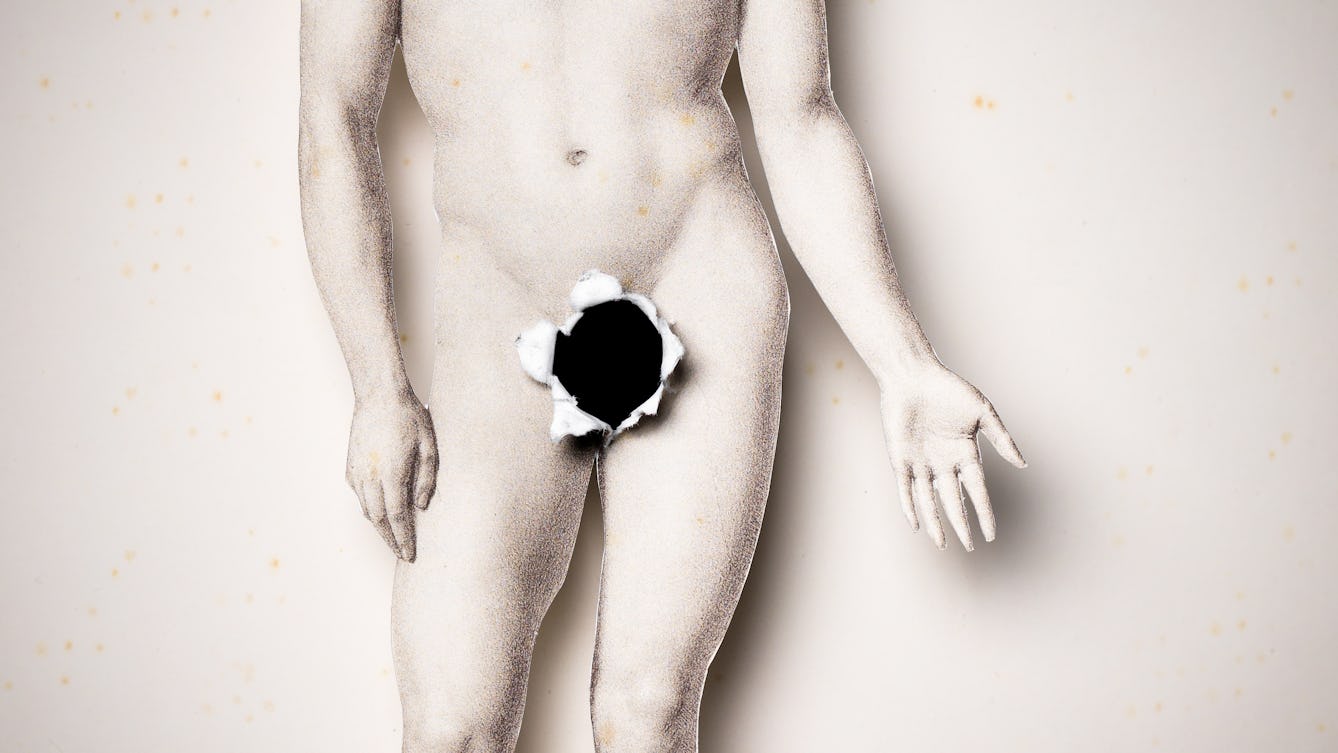
- Book extract
- Book extract
The castration effect
Discover how testosterone – or the lack of it – affects the male body, from eunuch slaves to castrato singers, and on to hormone reduction in modern prostate cancer treatment.

- Article
- Article
Going viral in the online anti-vaccine wars
‘Anti-vaxxers’ are taking their message online using powerful images as well as words. But is the pro campaigners’ response any better?

- Long read
- Long read
Healthy scepticism
Healthcare sceptics – like those opposed to Covid-19 vaccinations – often have serious, nuanced reasons for doubting medical authorities.